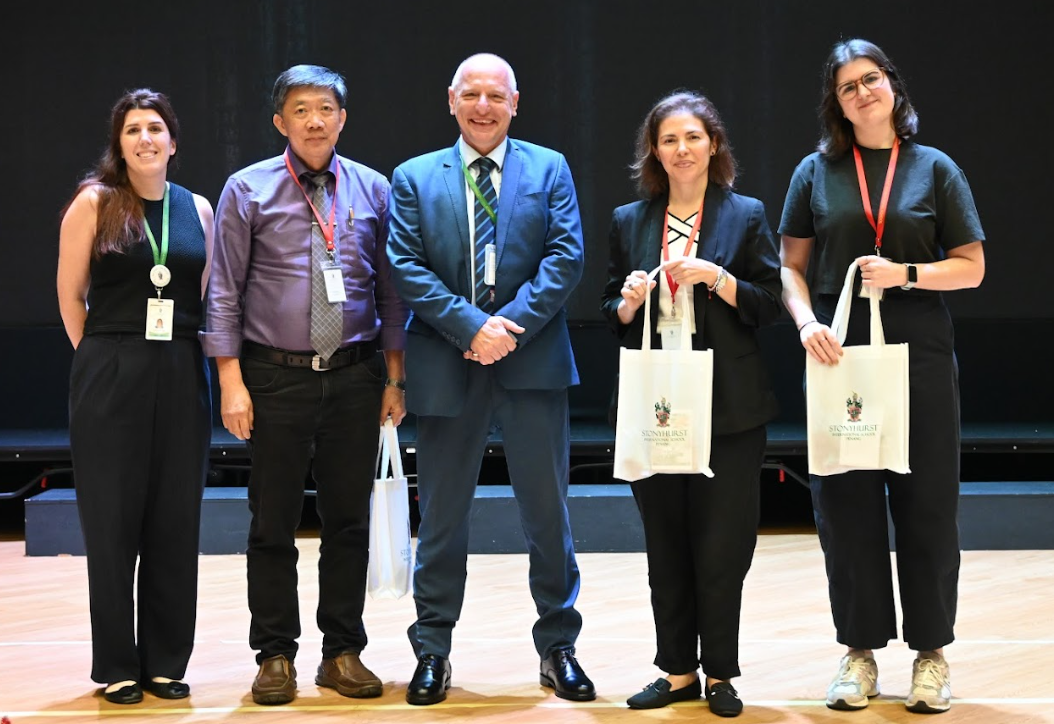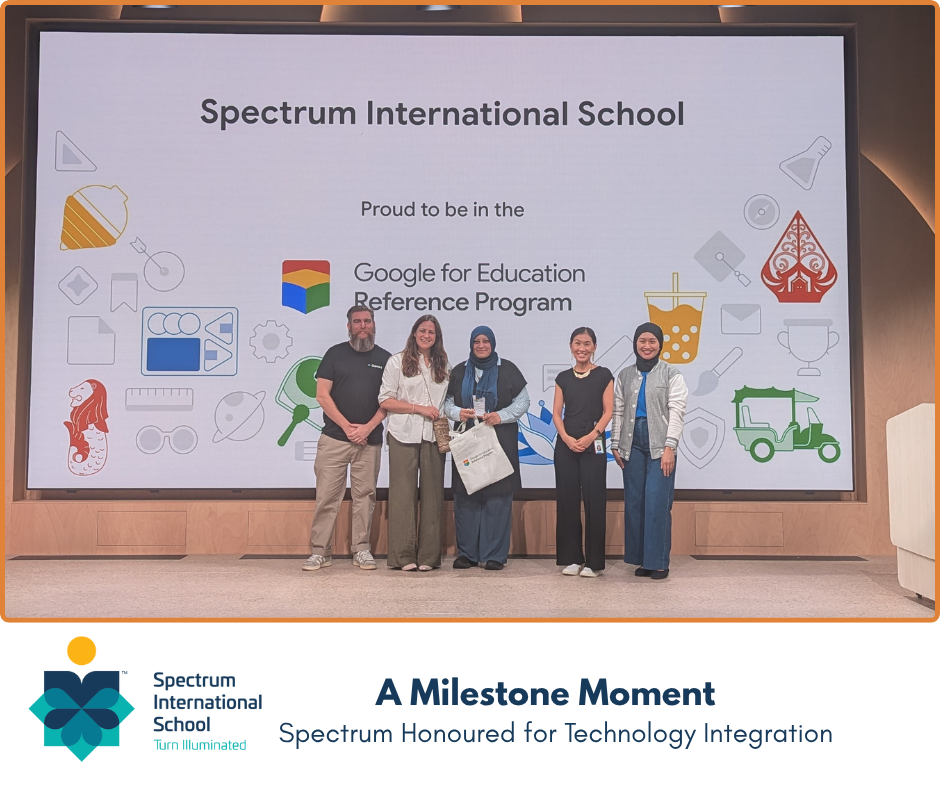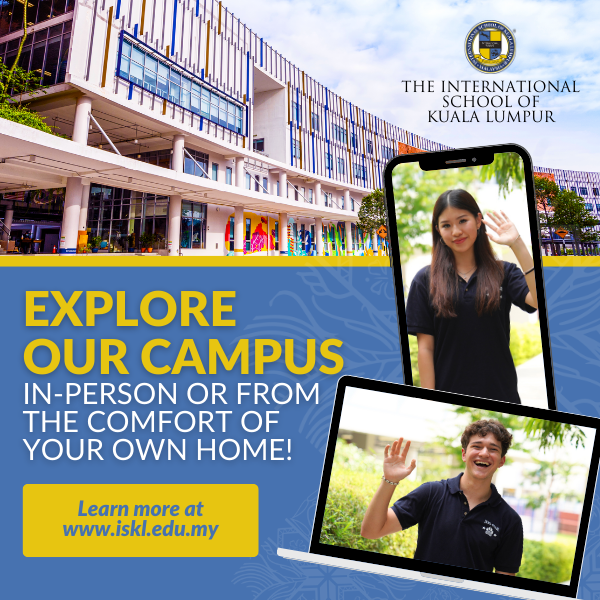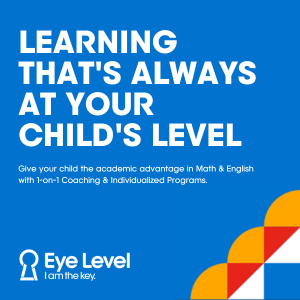Author: Jeffrey Beard, Chairman and Founder of Global Study Pass

Today’s top students aim high from a surprisingly early age. Aspirational teenagers as young as 15 and 16 are already planning their way to the top universities and a future careers with the big name multinational corporations. Particularly so for students from many Asian countries who make it their priority to reach their full potential at school in preparation for the best university and career opportunities. Their parents’ choice of an international school education sets this expectation from a very early age.
These students know that in today’s competitive and interconnected society, having not only the academic knowledge, but also the right language and skills to succeed anywhere in the world will give them a competitive advantage. No longer are UK, US and Canadian students the privileged few because of location and language. Many of their international peers put them to shame when it comes to aspiration and achievement.
AIMING FOR THE TOP
Right now the targets of these high achievers are the leading English-medium universities, mostly in the UK and North America, and from there to multinationals in the financial services, new media and the creative sectors whose activities currently define our daily lives.
According to CNN Money’s 2013 survey of the “World’s Top Employers For New Grads”, firms like Google, Ernst and Young, Goldman Sachs and PWC top students’ rankings. And in turn, corporations such as these ratchet up their hiring criteria as they select their new recruits from, no longer just their own country, but from the global talent pool.
As the OECD (Organization for Economic Co-Operation and Development) commented in 2013, with today’s goods and services manufactured and distributed worldwide, so employers look for those individuals who have the skills and attributes to work on an international stage. Competition is intense among top graduates from leading universities, with prospective employers searching world-wide for the best young candidates.
THE IDEAL CANDIDATE
There’s a distinct consensus among both universities and employers when describing the type of applicants they are now looking for. Strong academic performance might get prospects through the first stage of selection, but no longer clinches a degree place or an employment contract.
Traditional interest in the breadth of a student’s school experience continues to play a significant part – it tells a recruiter much about an applicant, not least the ability to balance priorities and manage time effectively. Goldman Sachs, for example, looks back to an applicant’s school record for evidence of extra-curricular activity: “We look at the types of activities that candidates have been engaged in through school, such as team sports, events or group projects; or even outside school where they may have volunteered for a charitable organization,” says the Goldman Sachs Careers Blog.
But a trawl of the world’s top employers’ websites, and discussions with higher education recruiters, places new emphasis on capabilities that have become known as “21st-century” skills. These are skills that relate to new ways of working and thinking in our rapidly changing global society, and they’re no longer simply-defined skills. The long-standing interest in an applicant’s problem-solving skills, for example, has moved to a new focus on an applicant’s expertise in working collaboratively to solve problems.
COLLABORATIVE PROBLEM-SOLVING

Collaborative problem-solving reflects the way in which projects are tackled within higher education and academic research, and how work is progressed across a multinational company. It brings together effective knowledge management and the ability to look at an issue from multiple perspectives, skill-bases and with a global perspective. There’s widespread recognition that “silo” mentality, (and this refers to taking a purely national perspective, as well as functionally or organizationally), inevitably results in narrow and constrained solutions to a problem. Top university and business recruiters are now seeking to avoid this in their candidate selection.
Deloitte’s recruitment guidance for applicants emphasizes this: “People who do well at Deloitte communicate well, are excellent team contributors, are results-focused, and are highly motivated to serve clients with distinction,” says Deloitte’s Global Director of Recruitment, Kent Kirch. Similarly IBM stresses that “Creativity, curiosity, and strong collaborative skills are valued in would-be recruits”. And Stacy Savides Sullivan, Google's Chief Culture Officer and Director of Human Resources, puts it this way: "I would characterize the culture as one that is team-oriented, very collaborative and encouraging people to think non-traditionally.”
In fact, collaborative problem-solving is now so widely regarded as a key skill in the 21st century that, starting in 2015, the Program for International Student Assessment (PISA) will carry out an international survey of the effectiveness of different educational systems in developing this skill.
INTERCULTURAL UNDERSTANDING
In one sense, we could argue that the need to be an effective collaborator is nothing new. The ability to communicate, co-operate, respect and support peers in the learning environment and colleagues in a workplace team has long been sought after. But what’s different today is the recognition that such groups will be diverse in make-up, international in focus and, at times, virtual in composition. It’s not just about being a competent team-player. Today it’s about whether applicants can evidence levels of intercultural understanding and be excited, challenged and responsive to differences in perspective.
Shirley Jackson, Global Lead for Recruitment at Ernst and Young, comments that a global mindset is key: “Recruiters look for team players who can... work effectively with people who have diverse backgrounds, skills and perspectives”. BMW picks up on this trend, stating that “international experience, such as a term spent abroad or participation in a student exchange program, is often an advantage”.
THE BENEFIT OF PURPOSEFUL INTERNATIONAL EXPERIENCE
Structured international study programs and exchanges have been a well-established and valued feature of higher education courses for many years. But now high school students, aware of the vital importance of demonstrating these skills for university and job applications, are increasingly looking to such experiences, or to focused skill development programs beyond their core school curriculum, which are explicitly designed to build capabilities of most interest to recruiters.
Students who can demonstrate their ability to think and act as global citizens are very much in demand; what Google calls “being Googley” (being able to “innovate in a fast-paced environment, thrive on small teams, excel in flat organizations, and care about making the world a better place”). These are qualities valued by the academic establishments and business organizations in which aspirational, career-minded students most want to carve their future success.
MAKING PROGRESS
So how are high school students - the recruits of tomorrow - addressing these challenges? They’re getting involved in international study exchanges all over the world, and signing up for leadership and enterprise programs that complement and enhance the core curriculum that they’re acquiring in school. These are programs for the aspirational; purposely designed to help young people develop intercultural understanding, global perspective, highly specific skills, and which bring them together with other aspirational young people from all over the world to give them first-hand experience of collaborating and problem-solving across borders and entrenched cultural perspectives.
And what are schools doing to support them in these aspirations? They are actively participating in international exchanges, identifying and promoting best potential opportunities to their students and parents, championing extra-curricular skill development, and helping their young people to understand the challenges and opportunities that they’ll soon face within out increasingly flat world.
The best and the brightest from around the world will increasingly find their way to the most desirable positions – be it the best degrees at the world’s finest universities, or the best jobs in the world’s leading organizations. Their commitment to meet the challenges of a new agenda is inspiring and should be supported wherever we can.
Jeffrey Beard served as Director General for the International Baccalaureate Organization from 2006 to 2013. He is now the Chairman and Founder of Global Study Pass, a UK-based organisation that offers international study abroad programs that give high school students from around the world opportunities to learn and collaborate together to develop essential skills for university and employability.













![[elc International School] NO SHORTCUTS: WHY THINKING STILL MATTERS](https://mint-edm.sgp1.digitaloceanspaces.com/production/XTvbqZxxQQxUHjyDcClxCortA5SxNs.png)




















